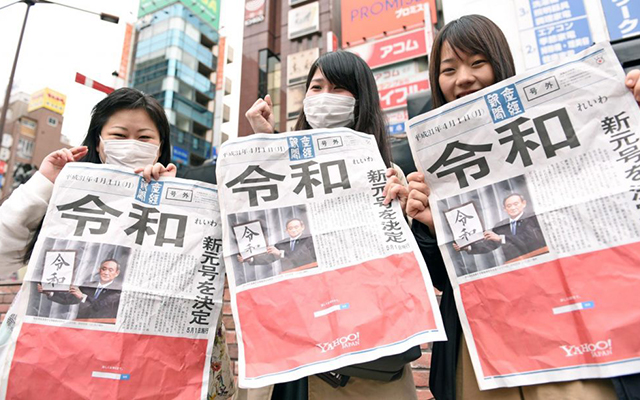
Source: © JAPAN Forward
‘Beautiful Harmony’: Japan Releases Official Translation of ‘Reiwa’ After Mixed Reactions to New Era Name
- Source:
- © JAPAN Forward
- Tags:
- Beautiful Harmony / JAPAN Forward / new era / Reactions / Reiwa / Reiwa Era / Translation
Related Article
-
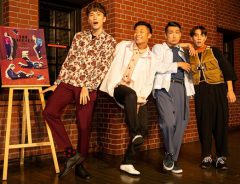
s**t kingz: This Japanese Dance Crew Wants the World to Sit Up and Watch
-
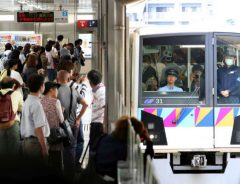
Concerns Over Japan’s Driverless Trains Remain
-
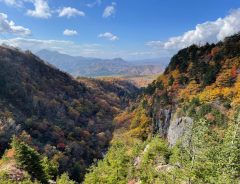
Japan’s onsen are famous, but its notenburo are even better!
-
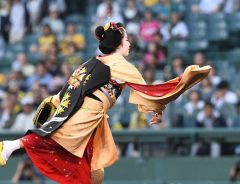
[Hidden Wonders of Japan] A Maiko Does the Ceremonial First Pitch at Koshien Baseball Stadium
-
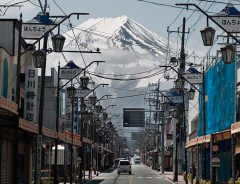
Take Your Best Photos of Mount Fuji from Yamanashi
-
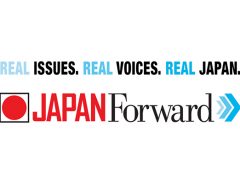
grape Japan and JAPAN Forward In Content Sharing Partnership


(Written by JAPAN Forward)
On the day the government announced the name of the new imperial era on on Monday, April 1, people all around Japan gathered in major spots like Tokyo’s Shinjuku area, standing together in front of big screens to witness Chief Cabinet Secretary Yoshihide Suga announce “Reiwa.”
People wrestled to get copies of the day’s newspapers as memento and “proof of history.” Some were seen happily clutching crunched-up front pages of The Sankei Shimbun, for example, which released an extra 6,000 copies distributed in seven places around Tokyo.
Photo by Sankei Shimbun © JAPAN Forward
There were businesses printing t-shirts, artists doing calligraphy, school children writing out the new characters of the new era. New era candy, cupcakes, and even Coca-Cola Japan suddenly produced with quickly-finished New Era labels. The 2,000 bottles produced for the occasion were distributed at Tokyo Shinbashi, and were gone in less than an hour.
At Yokohama Hakkeijima Sea Paradise, there was even a South American Sea lion by the name of Leo who, with the guidance of instructors, wrote out the calligraphy for the name. Some people — who were lucky enough to be born on that day — were able to receive calligraphy written by the Sea Lion!
Photo by Sankei Shimbun © JAPAN Forward
The era of Reiwa is set to begin on May 1, when Crown Prince Naruhito will become Japan’s new emperor.
The era’s name was taken from a Japanese work of poetry for the first time, instead of from a Chinese one. Reiwa is formed by two characters which are translated roughly as “majestic harmony.” Its historical roots are found in the Manyoshu, the first vernacular Japanese poetry collections which date back to the 8th century.
The name of the new era was greeted with particular anticipation because, in addition to being a practical method of counting the years, it holds cultural significance in the minds of the Japanese. Much in the same way appellations such as “the swinging sixties” immediately recall images of that time, when the name of an imperial era is mentioned in Japan, vivid historical and cultural images come to mind.
The announcement also was different this time because of the impending abdication of the current emperor, producing complex feelings of nostalgia and anticipation among Japanese. Many commentators at major events, such as the March Sumo tournament in Osaka, marked the occasion by saying this would be the “last of Heisei.”
In a fitting fashion, people in Japan greeted the era name with different reactions.
Tokyo Governor Yuriko Koike said of the new era name, “These are two characters where one feels the hope.” She expressed anticipation for the Tokyo Olympics and Paralympics, which will be held in the second year of Reiwa.
Written by Japan ForwardThe continuation of this article can be read on the "Japan Forward" site.
‘Beautiful Harmony’: Japan Releases Official Translation of ‘Reiwa’ After Mixed Reactions to New Era Name